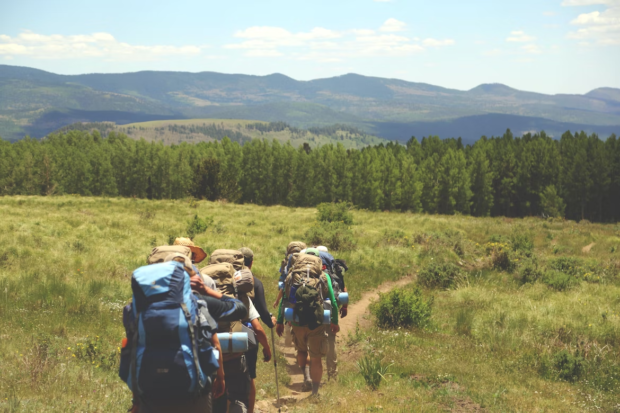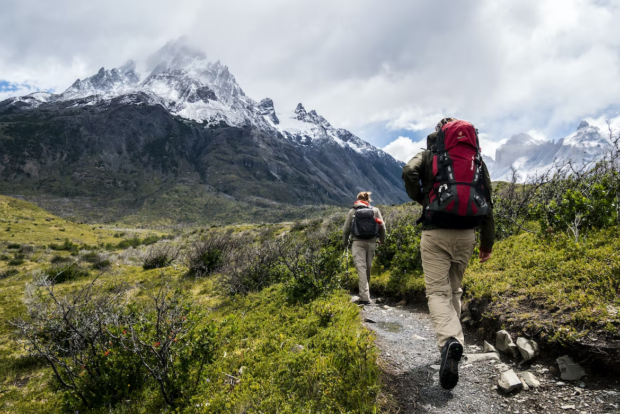How to Handle Post-Hiking Fatigue
Hiking is a terrific way to experience nature, but it can also be physically taxing. If you’ve ever gone on a long trek, you’re familiar with the sense of tiredness that follows afterward. This post-hiking weariness is more than simply an irritation – if not addressed, it can have catastrophic repercussions. We’ll go through how to avoid and manage post-hiking weariness to guarantee your safety and get the most out of your outdoor experiences, including everything from correct hydration strategies before and during the trip to stretches to help lessen discomfort afterward. So keep reading!

Get A Massage
Massages can do wonders for post-hike soreness and fatigue. Even a few minutes of massage will help to relax the muscles and reduce discomfort, making it easier to recover quickly after your hike. The right massage therapy technique will work wonders and can help to restore energy and reduce pain. And if you get a massage regularly, it can help to prevent future fatigue and soreness. Make sure to go to a massage therapist who has experience working with athletes, as they will have the right techniques to target your post-hike needs.
Drink Plenty of Water
It is essential to drink water before and throughout your hike in order to keep hydrated and avoid weariness. It is critical to restoring lost fluids after exercise by drinking plenty of water or an electrolyte solution. Keeping hydrated can also help decrease cramping, which is a frequent exhaustion sign after a long climb. Bring lots of water with you on your hike, and often drink throughout the day – muscles require electrolytes as well, so consider including an electrolyte solution or sports drink in your hydration strategy.

Take Time To Stretch
Stretching can help loosen tired muscles and reduce soreness after a long hike. Start by stretching the major muscle groups that you used while hiking, such as the calves, quads, and glutes. Focus on dynamic stretches that involve movement rather than static holds to get the best results – aim for 10–15 minutes of stretching before each hike, and take breaks during the hike if needed to stretch out any tight spots. After your hike is finished, spend some time doing more gentle stretching exercises to restore energy and reduce discomfort.
Get Plenty Of Sleep
Getting enough sleep is crucial for recovering from post-hike fatigue. Make sure to get at least 7–8 hours of sleep each night, and make time for naps if you need them during the day. This will help your body restore energy and reduce soreness. Additionally, try winding down before bed with a relaxing activity such as yoga or meditation to promote a better quality of sleep. While proper sleep and rest can help reduce fatigue, make sure to stay active and keep moving – it can also make a difference in how quickly you recover.
You can avoid and manage post-hiking weariness safely and successfully if you follow these suggestions. Take care of your body by drinking lots of water, stretching regularly, and getting adequate sleep – doing so will help you enjoy your outdoor experiences to the maximum. Furthermore, make the most of each trek by slowing down and taking the time to absorb the nature around you. And while doing all of these steps might seem like a nuisance, you’ll be happy you did them later!
